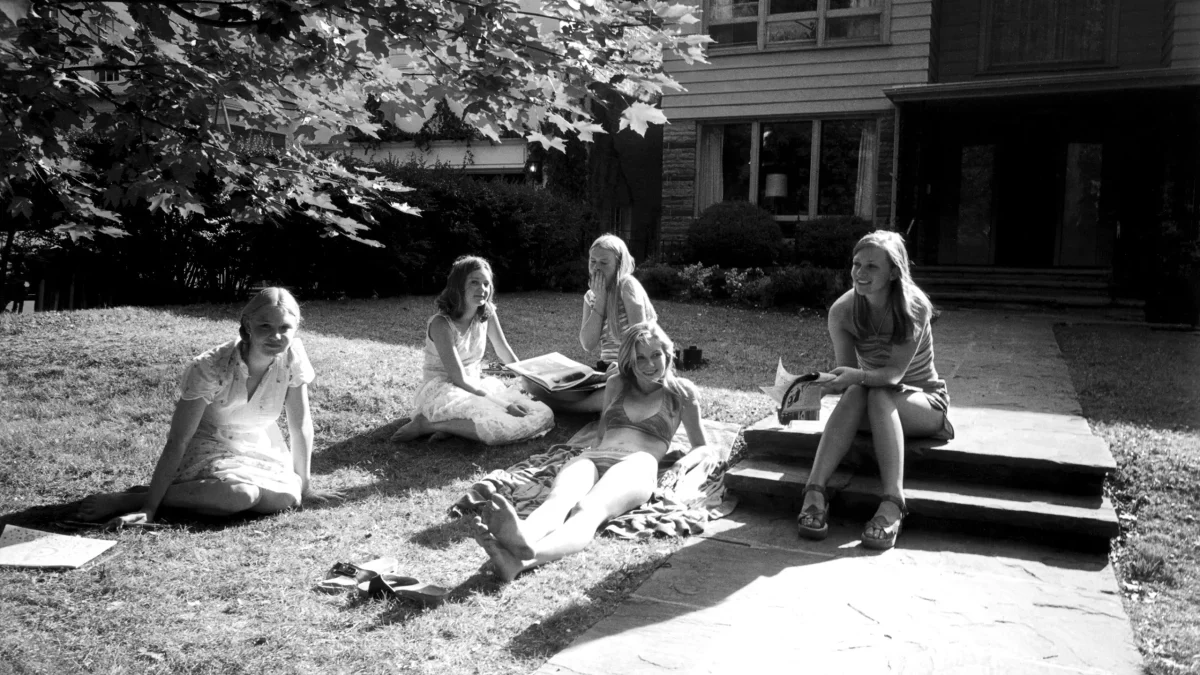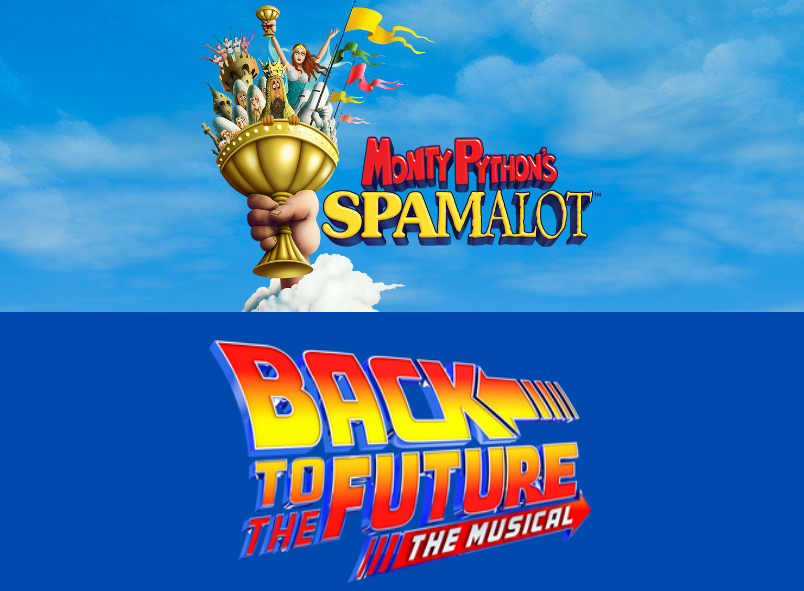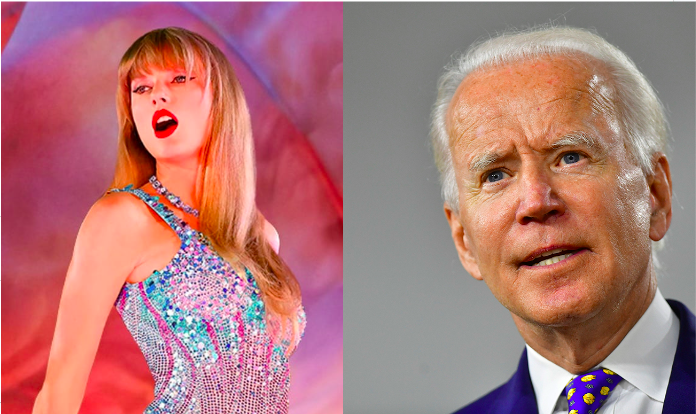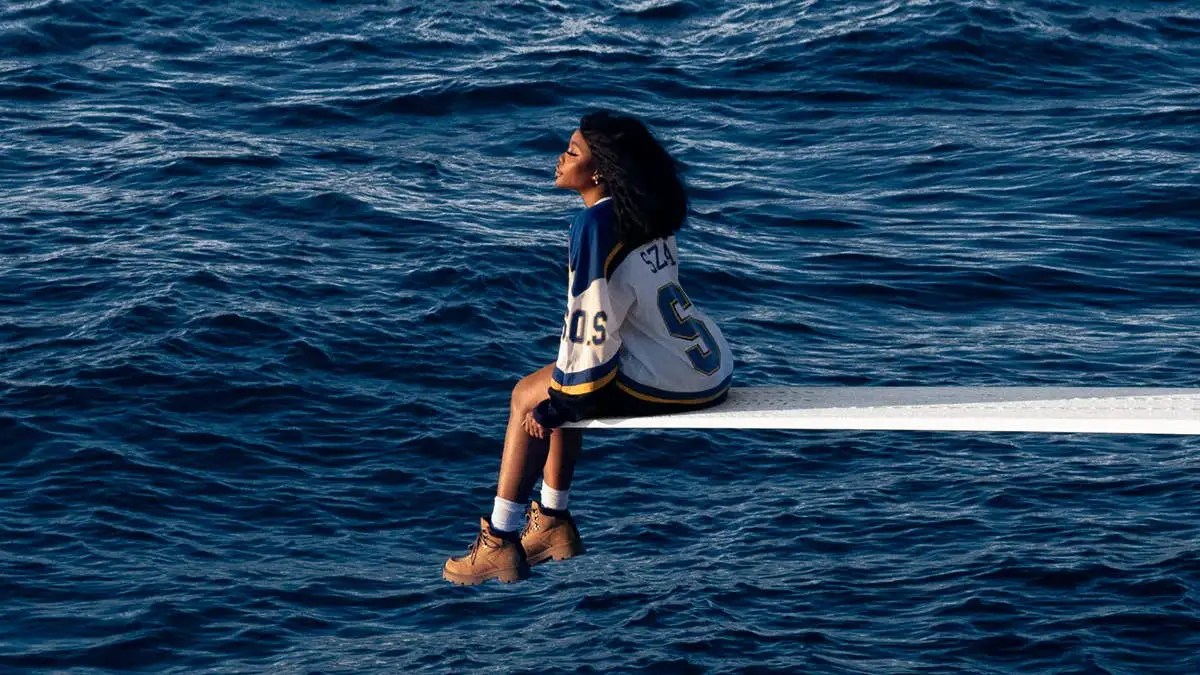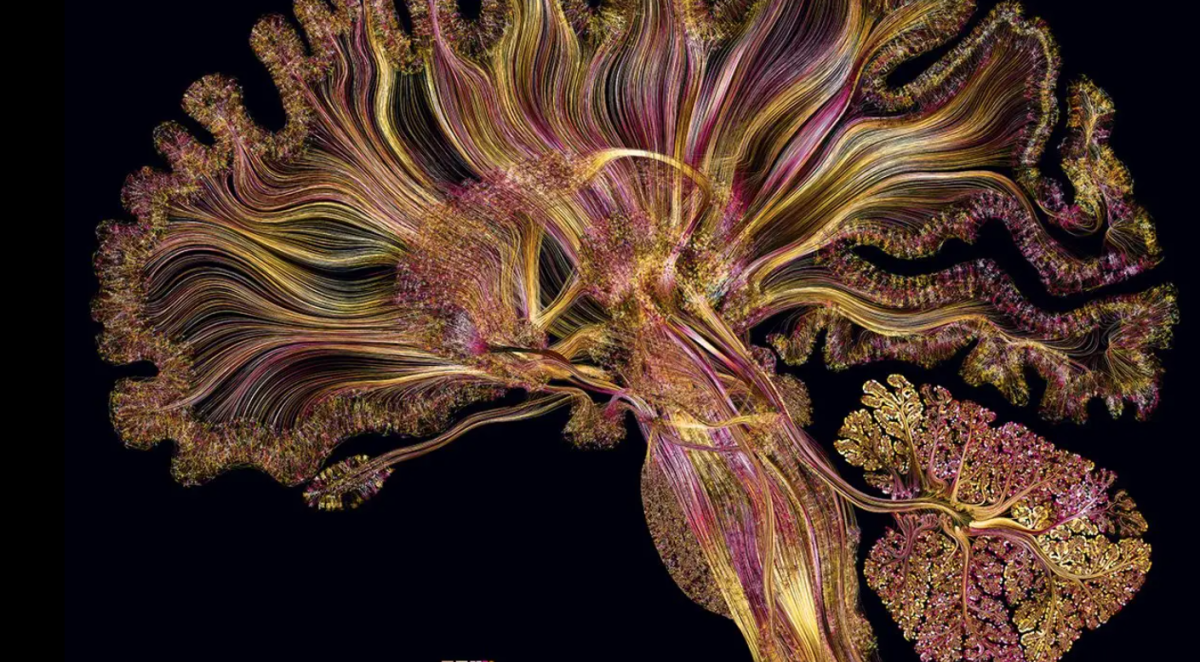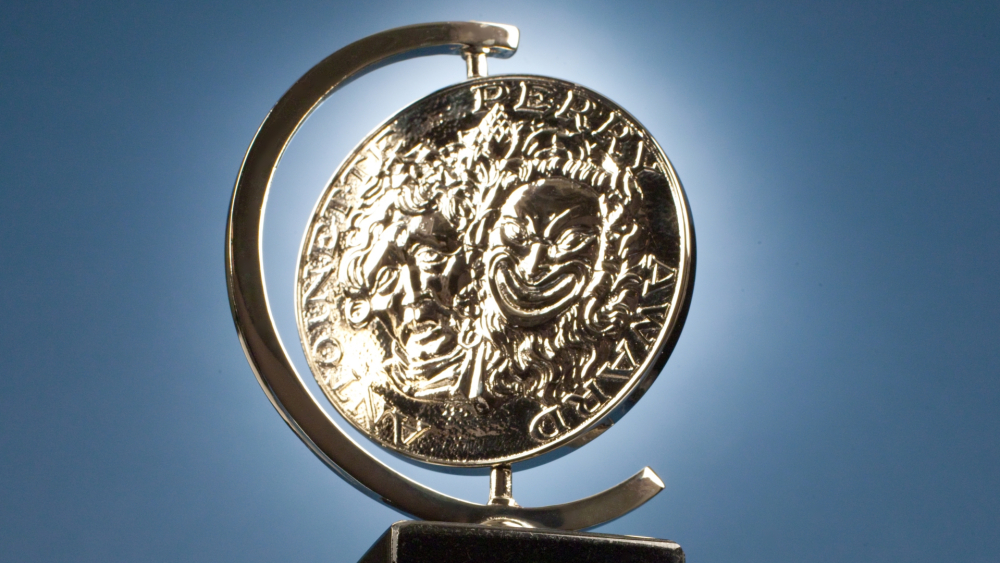Sofia Coppola’s “The Virgin Suicides” is a masterpiece that goes beyond the boundaries of a “coming of age” melancholic film by highlighting the enduring influence of the male gaze. The film’s many layers amplify this theme, and in this essay I try to be part of that broader cultural conversation, and express my own feelings about the movie.
The film follows five American teenagers. The lens through which the Lisbon sisters, Cecilia, Lux, Bonnie, Mary and Therese, are viewed, predominantly formed by the male narrators, serves as a microcosm of the broader societal tendencies to objectify and oversimplify women. This pushed me, as the viewer, to consider not only the consequences for the characters in the movie, but also the implications of normalizing such a limited perspective and outlook in my own life. The male gaze, as defined by Oxford Languages, objectifies and sexualizes women, and its enduring presence in the media normalizes harmful stereotypes and reinforces traditional power imbalances — essentially, the patriarchy.
Jeffrey Eugenides wrote the book, identifies as a male and has the male perspective. Sofia Coppola (who identifies as a woman), adapted it for the screen, and this combination of perspectives offers a contradictory yet fascinating dynamic. The film is richer because of this, pushing the audience to face biases that are deeply ingrained in so much of media, social and otherwise. While the movie is about the sisters, you never get to hear their point of view; the narrators are male. The nuanced interplay between these gazes creates the individuality in which viewers can form their own viewpoints and question boundaries that were once invisible.
The impact of the male gaze is portrayed far beyond the central characters who affect the Lisbon sisters’ lives. The neighbors see the sisters as museum exhibits, while the parents reduce them to mere specimens, both contributing to the sisters’ isolation. The result is that they are left to themselves and their own often self-destructive thoughts. We respond not only as viewers but as members of a society that often objectifies and marginalizes individuals based in certain contexts, including an essential point, gender. In effect, we as spectators are the definition of “straight characters.”
Sofia Coppola’s directorial choices and ideas, like her dreamy aesthetics and spiffy musical choices, add yet another layer of complexity to the film. The movie is a kind of symphony, harmonizing the emotional impact being felt by the characters on screen as well as inviting viewers to engage with the story. The deliberate absence of the girls’ voices in the narration, while a source of frustration for me personally, is a good metaphor for the silencing effect of the male gaze, leaving us to question who controls the so-called “narrative” and whose voices and opinions are elevated as a result of privilege in daily life and the broader society.
As I attempt to solve this very big puzzle within the layers of “The Virgin Suicides,” it is clear to me that the film is not just a reflection of a particular time and place but a timeless amplification of the struggle against the limitations of societal norms. It challenges us to break free from the chains of the male gaze, fostering and welcoming an opportunity to reshape our own narratives and create a more inclusive, empathetic world.
Overall, “The Virgin Suicides” goes beyond the confines of a tragic tale of death and depression. It is a provocative movie that should spark conversations about gender, perspective, and the privilege that is deeply ingrained in storytelling and the media. It serves as not just a call to action but a cry for help, urging us to break free of the restrictive outline of the male gaze and embrace a more diverse and authentic representation of the human experience.

